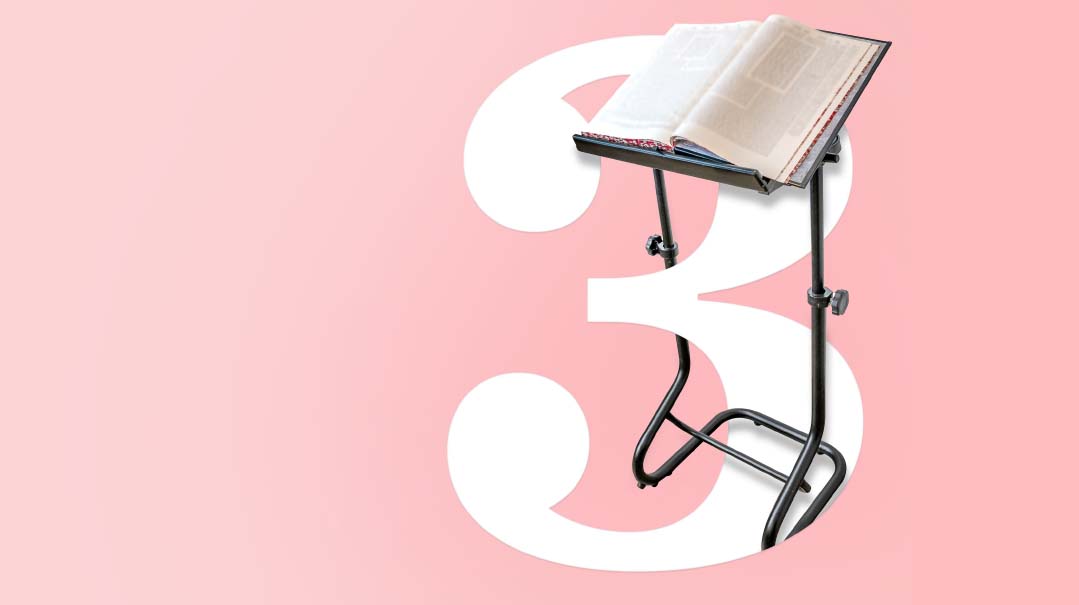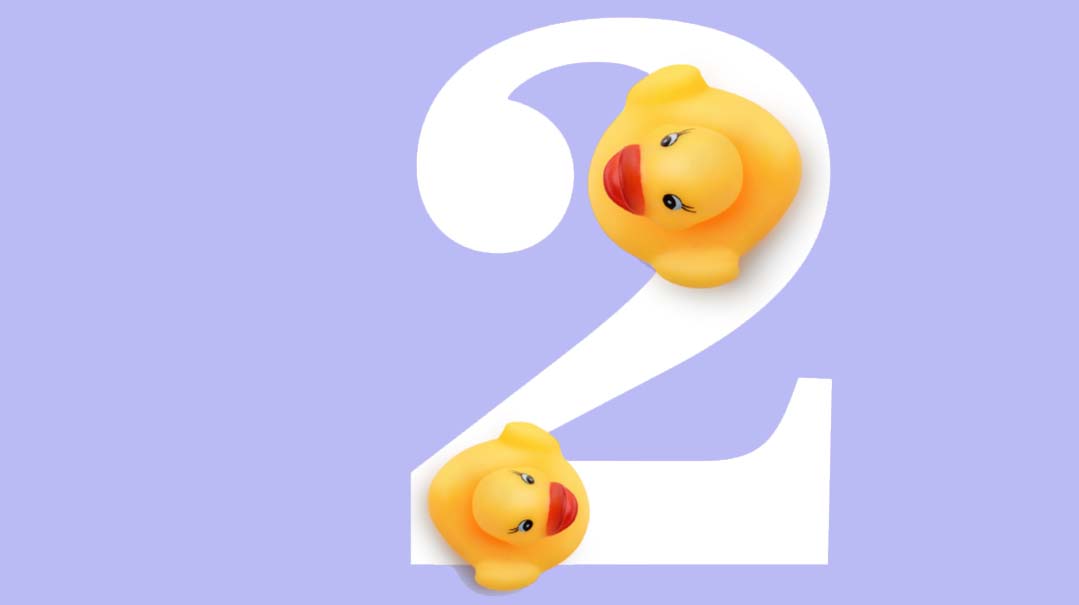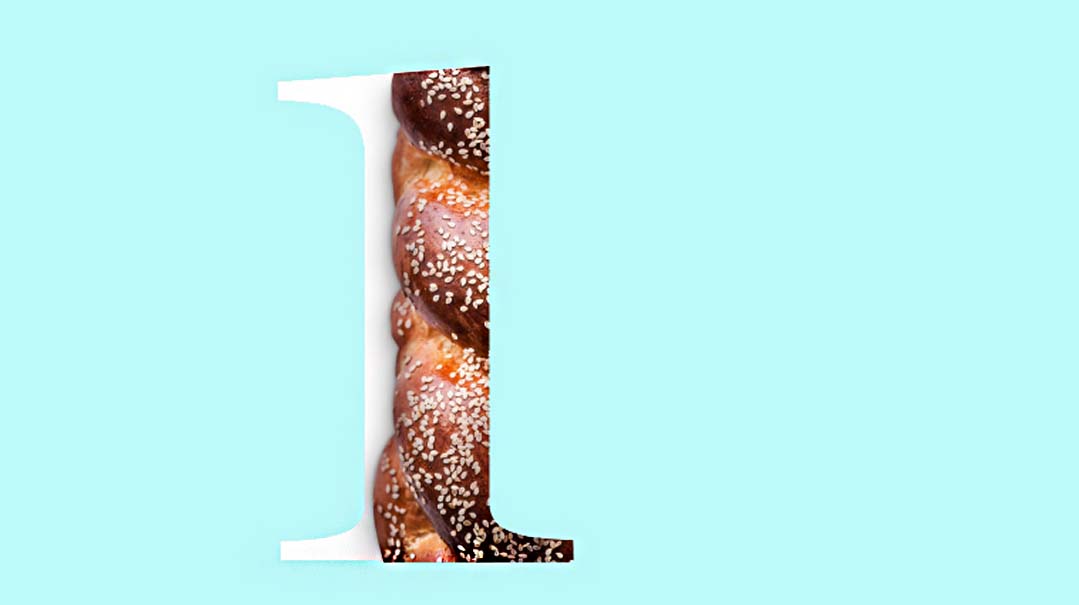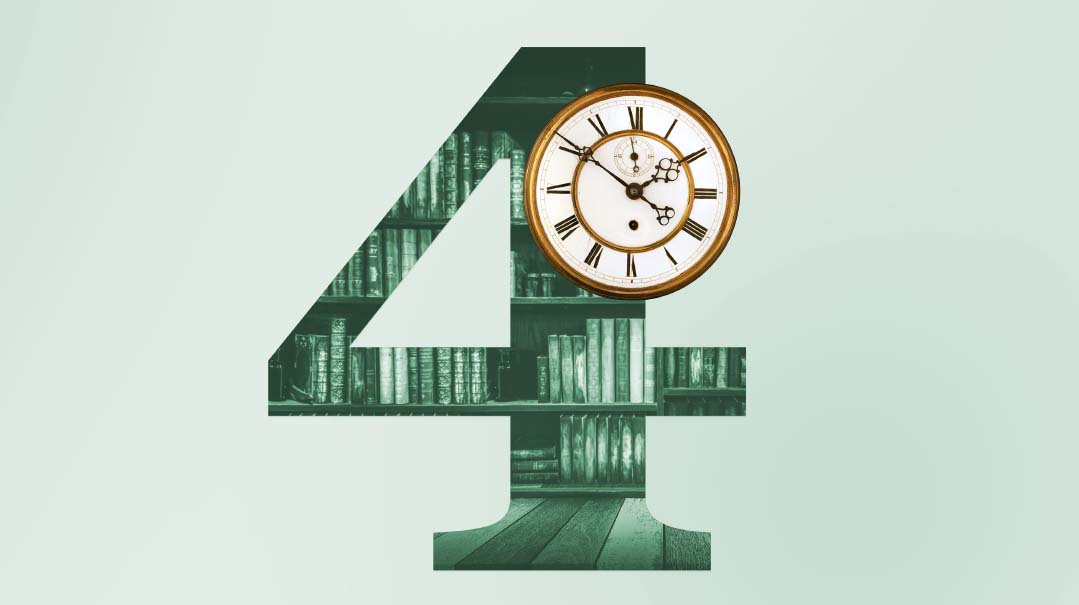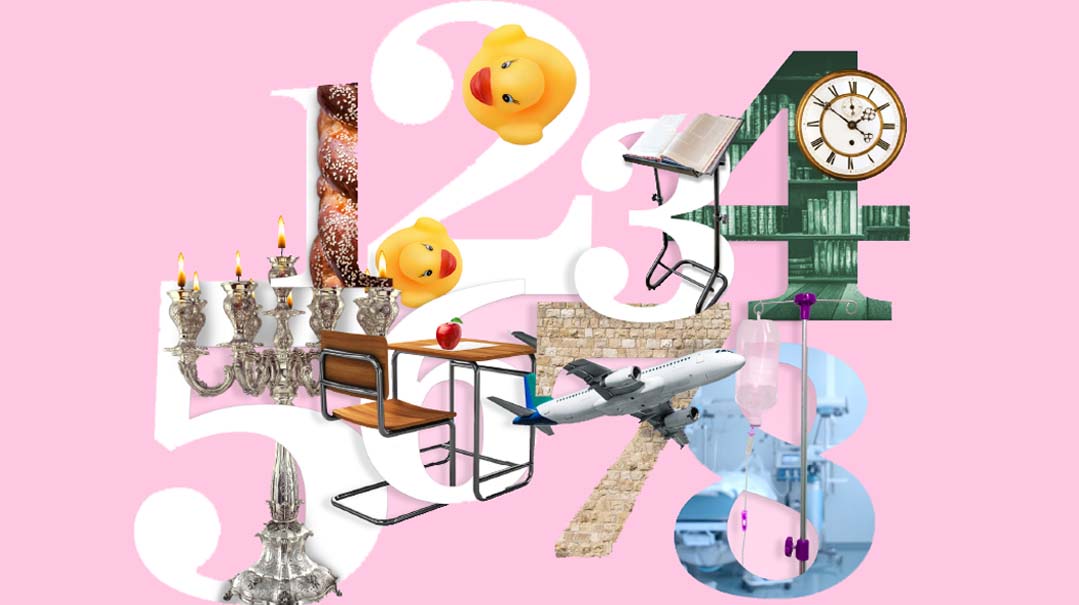Not Good Enough
| November 23, 2021“I know you wanted a Chumash, and you’ll get one next month. Don’t feel bad, you were number six!”
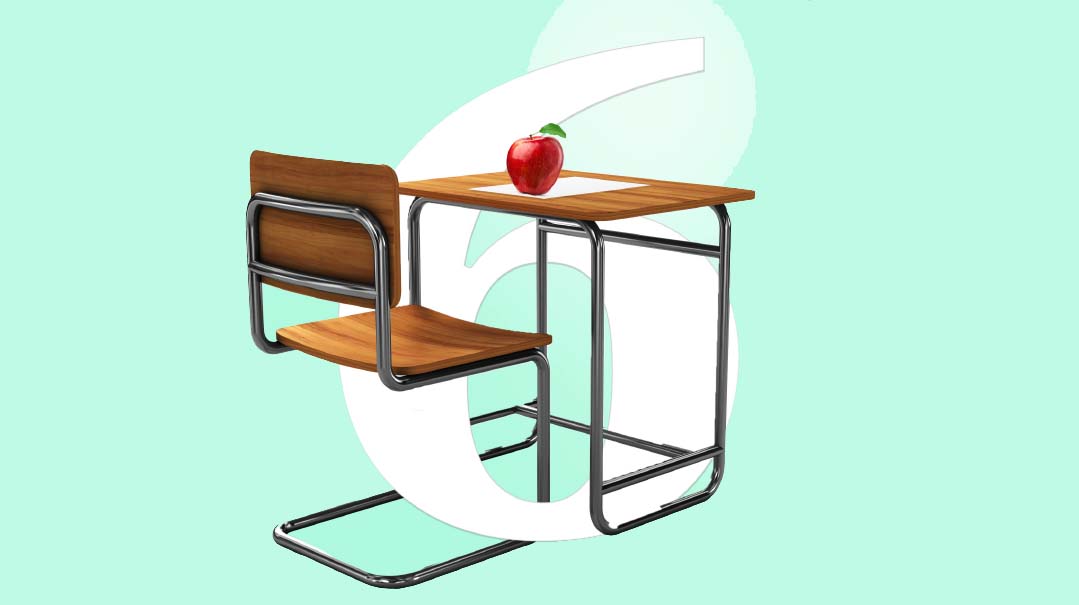
Every year the feeling returns.
Every year I can feel the tears flooding my eyes.
“Zaidy, why are you crying?” my grandson asks.
“Oh, it’s because Chanukah is almost over,” I tell him. “And I love Chanukah.”
As I stare at the flames dancing in their glass containers, I am taken 50 years back in time to a classroom in Brooklyn. I am in the sixth grade, and Rebbi is having a difficult time controlling the class.
Rebbi had a long brown beard and peyos and attire that befit a chassidishe Yid. We all knew that English was Rebbi’s third language after Yiddish and Hebrew. As he endeavored to communicate in Yinglish or Hebrish, we boys largely ignored him.
Spit-balls whizzed by and hand-ball games were conducted with a Pennsy Pinky, while Rebbi pleaded for us to sit down and listen. One day, amid a level of mayhem that would drown out the cheering after a homerun, Rebbi finally had enough.
He raised his voice and, in a tone that clearly conveyed his seriousness, announced, “Genug shoin!” As we looked at him with perplexed faces, he added, “Maspeek! Eenuff iz eenuff. Who vants to go to the menahel right away?”
At the mere mention of the menahel, all the boys scampered back into their seats and opened their Chumashim. That is, all except for one chubby red-haired child who continued to sing and dance as if it were Simchas Torah.
Rebbi had reached the end of his rope. His face beamed incandescent with fury. The class fell silent, all eyes on the red-haired agitator — who stopped dancing at once and froze in fear.
Rebbi began walking from his desk toward the back of the room. I closed my eyes and braced myself for the impact.
Nothing happened.
I opened my eyes and saw Rebbi standing with his right hand outstretched and tears in his eyes. I grasped his hand and looked directly into the eyes of this Holocaust survivor trying his best to pass on the mesorah to the next generation.
He walked me to the desk closest to his and then spoke, and the language was no longer a barrier. “You have the koichus to be a manhig, a ticher of Toirah, vhy vaste it on shtus? The Eibeshter gave you a matuneh, use it vell.”
From that day on, I was no longer the red-headed troublemaker. I began to listen to every word of the Chumash until I had mastered all the parshiyos. My behavior was beyond reproach, and I participated in all of the classes. I knew I had made good when the other boys in the class called me teacher’s pet.
And then the day arrived.
Rebbi announced that the five best boys would receive a special Chumash. This special Chumash was called a Mikra’os Gedolos, and it had much more meforshim than our regular Chumash, which just had Rashi. Rebbi said that he would give out five of these unique Chumashim to the five best boys on the sixth day of Chanukah.
We all sat quietly. Nobody moved. As I longingly looked at the five special Chumashim, I could almost feel it in my hand. I was a different boy from the portly party-maker of six weeks ago; I was now a ben Torah. Rebbi had even said so. I knew I would be one of those five lucky boys.
The sixth day of Chanukah arrived, and the ceremony began.
“Shloime Fischer, come up and get a Chumash.”
Of course, Shloime would get one; he’d been the top student since day one of school.
“Yankel Schmerling, please come up.”
Well, there are three more to go.
“Yitzchok Friedman, here’s your Chumash.”
“Dovid Worthinbaum, please come up.”
I began to panic. My palms were wet with sweat.
I must get that last Chumash! Even Rebbi had commented how much I’d changed.
“Baruch Lowinger, come up for the last Chumash.”
I was devastated. My face must have told the story, because when Rebbi looked my way, he understood. “I know you wanted a Chumash, and im yirtzeh Hashem, you’ll get one next month when I give it to the next five boys. Don’t feel bad, you were number six!” he said bracingly.
I was number six. But I wasn’t among the first five. I was crushed.
I continued to behave well, and I did get a Chumash the next month when he gave out five more. But by then, almost half the class had the Chumashim, and a week or two later, the entire class received them.
It’s 50 years later, and any time I hear, “Tonight is number six,” a stinging pain pierces my heart as I’m spirited back 50 years to my classroom in Brooklyn.
I know two things: I’ll never forget Rebbi’s loving look as he held my hand that day of my worst misbehavior and showed me unconditional love.
I’ll also never forget the day I was number six.
Was Rebbi right in depriving me of a Chumash and making me number six?
You be the judge.
Rabbi Eisenman is the Rav of Congregation Ahavas Israel in Passaic, NJ, and a Professor at Lander College for Women.
(Originally featured in Mishpacha, Issue 887)
Oops! We could not locate your form.
